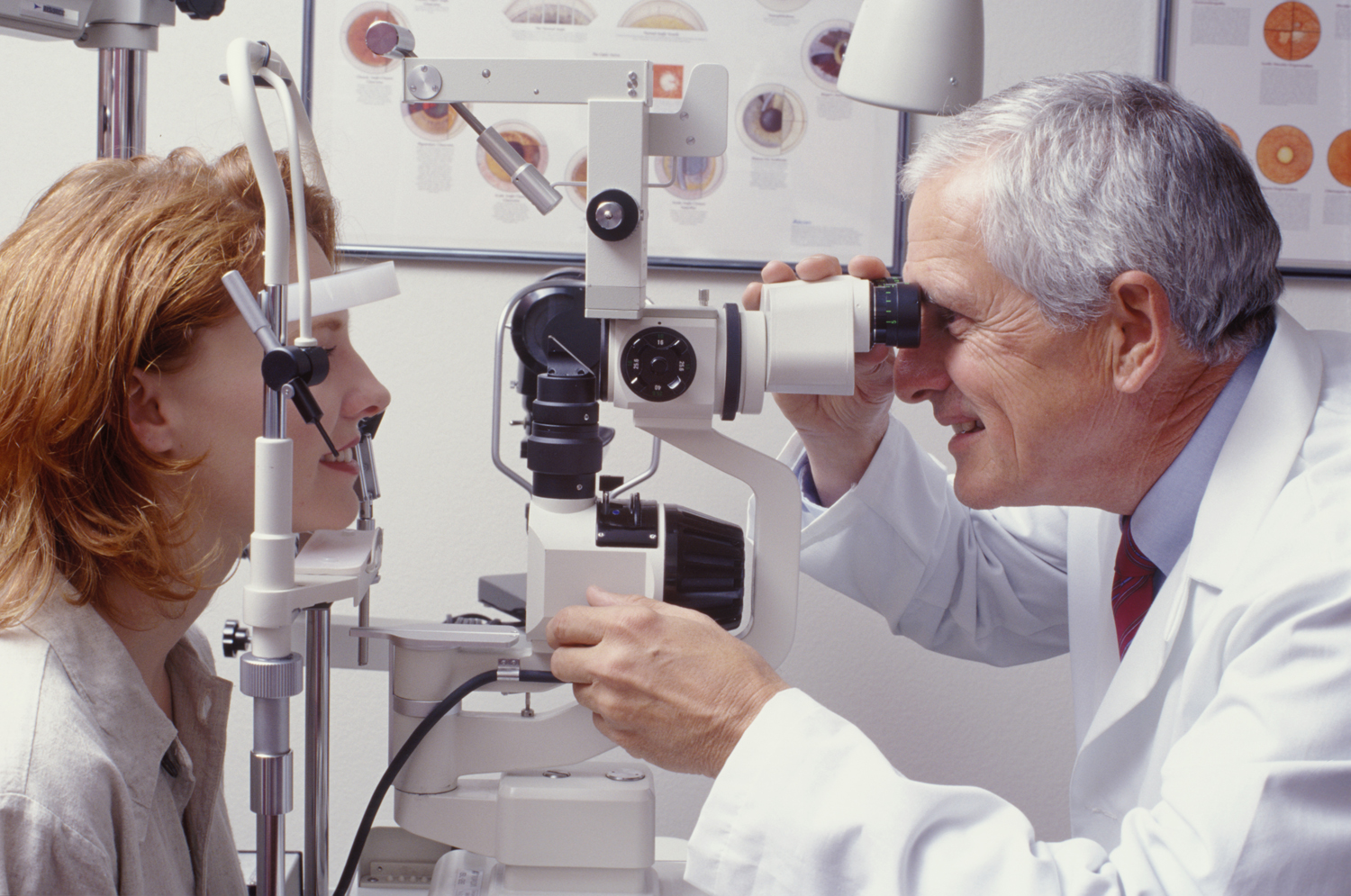What happens in optometry?

Optometry is a specialized area of healthcare that focuses on eye and vision care. Optometrists are skilled professionals who provide a spread of providers related to assessing, diagnosing, treating, and managing various eye and imaginative and prescient situations. Here's what typically happens in optometry:
Comprehensive Eye Examinations:
The core of optometry includes performing complete eye examinations. During these exams, optometrists assess visual acuity, refractive error, eye well being, and numerous features of eye operate.
Patient History and Symptoms:
Optometrists start by gathering details about a patient's medical history, eye health history, and any present signs or concerns they could have.
Visual Acuity Testing:
Visual acuity is examined using a watch chart to discover out how clearly an individual can see at totally different distances. This helps assess the need for corrective lenses.
Refraction Testing:
Refraction involves using a series of lenses to determine the precise prescription needed for corrective eyewear, corresponding to glasses or contact lenses.
Eye Health Evaluation:
Optometrists study the external and inside buildings of the eye to verify for any abnormalities or indicators of eye diseases. They use tools like slit lamps and ophthalmoscopes for these evaluations.
Intraocular Pressure Measurement:
Intraocular strain is checked to screen for glaucoma. This is usually done using a non-contact tonometer or a tonometer that gently touches the cornea.
Binocular Vision and Eye Alignment Assessment:
Optometrists assess how nicely the eyes work together and their alignment. This is essential for diagnosing conditions like strabismus (crossed eyes) and amblyopia (lazy eye).
Recommendation of Corrective Lenses:
If the affected person wants corrective lenses, the optometrist determines the suitable prescription and provides recommendations for eyeglasses or contact lenses.
Contact Lens Fitting and Education:
For sufferers interested in contact lenses, optometrists perform a becoming to make sure the lenses match comfortably and provide proper vision correction. They also educate patients on correct lens care.
Diagnosis and Management of Eye Conditions:
If the optometrist identifies any eye ailments or circumstances in the course of the examination, they provide a prognosis and recommend acceptable treatment or management.
Patient Education:
Optometrist s explain the outcomes of the examination, talk about any findings, and educate sufferers about their eye well being. They present guidance on maintaining good eye health and managing any identified circumstances.
Prescription of Medications:
Optometrists are authorized to prescribe certain medications for eye situations, corresponding to eye infections, irritation, or dry eye.
Referral to Specialists:

If a patient's condition requires specialised care or surgical procedure, optometrists refer them to ophthalmologists, who are medical medical doctors specializing in eye surgical procedure and sophisticated eye conditions.
Optometrists play an important role in promoting and maintaining good eye well being, preventing imaginative and prescient issues, and improving the general quality of life for his or her patients. Regular eye exams are important for everyone, even those without noticeable vision problems, as they will detect points early when treatment is most effective..
